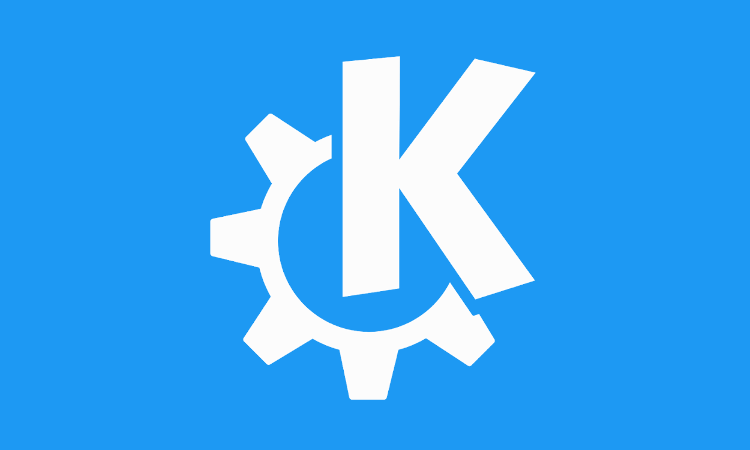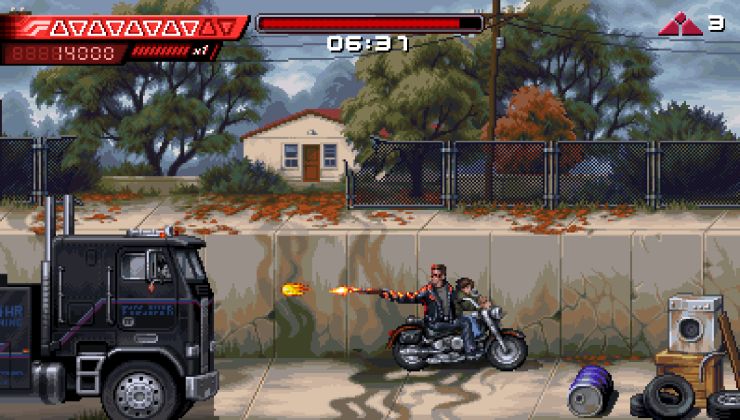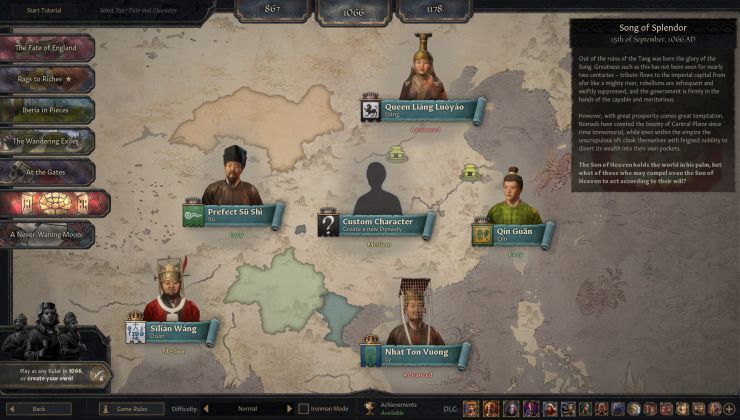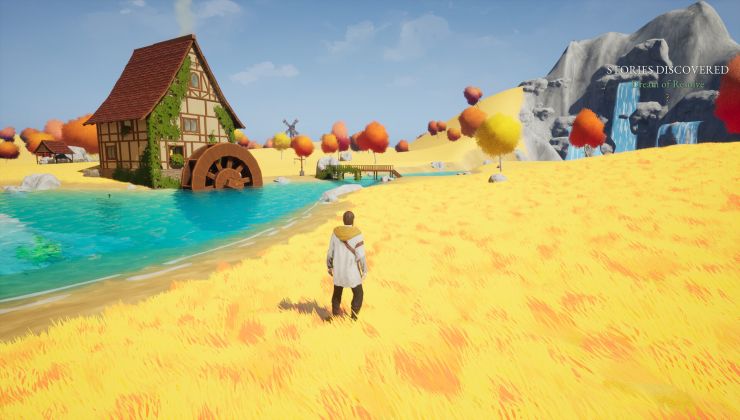It was likely no secret to most Linux users who know a bit about distributions but Valve has clarified directly that the main reason for dumping Debian Linux for Arch Linux was for faster updates.
Previous versions of SteamOS were based on Debian which has a fresh release every 2 years or so, where during that time most of the software stack is frozen in place. For a Linux gaming device, that's obviously not ideal. Gaming on Linux as a whole often needs more up to date packages because everything moves so quickly. Especially for Steam Play Proton, which has at multiple times needed updates to various packages and newer GPU drivers. Arch Linux on the other hand rolls over constantly with updates and so it gives Valve the flexibility they're needing to more easily pull them in.
PC Gamer, one of the lucky few who recently went to the Valve HQ spoke to Valve designer, Lawrence Yang:
"So, Arch Linux, one of the main reasons, there's a couple, but the main reason is the rolling updates of Arch allows us to have more rapid development for SteamOS 3.0," says Yang. "We were making a bunch of updates and changes to specifically make sure that things work well for Steam deck, and Arch just ended up being a better choice for them."
Valve upgrades the Steam Client constantly and no doubt they will be doing the same with SteamOS 3 once the Steam Deck actually rolls out. Having finer control over everything that they would get with Arch Linux is basically a no-brainer, as is the huge availability of software that comes with Arch and the AUR (Arch User Repository), something that will be a big boon for the desktop mode.
It's not likely that SteamOS 3 will just plainly update directly from Arch though, as that could end up messy. They will likely bundle updates together once they've been firmly tested. More like a Manjaro approach but with more clear QA done.
Quoting: Whitewolfe80Yeah, what Ubuntu did with Amazon was integrate it into their shell (gnome or unity) so that when you went for a search for say 'browser' it would see if there was anything on Amazon you might like to buy... Very intrusive and I'm not sure if they ever removed it, or just changed it into an opt-in instead of an opt-out.Quoting: slaapliedjeOh yeah I remember the amazon deal they had too but and i know debian does too but ubuntu has a large commerical arm well large in terms of linux commerical arms and valve chosing them after battering microsoft for closed wall eco system and that forced snap packages is the linux version of that.Quoting: Whitewolfe80Think the issue was Ubuntu licence meant that valve corpnwould have to pay or partner with conical and that was never going to happen.Some of the things happened after Valve had already gone with Debian, but lets recap weird things we've heard Ubuntu / canonical do over the years.
1) talk about dropping 32bit
2) forcing packages to be installed from their own snap repos instead of deb packages or others (even going so far as to make 'apt install chromium' install the snap.)
3) they used to (still do?) Enable experimental hardware support in their kernels.)
4) work on Unity instead of devoting development effort toward Gnome.
5) work on Mir instead of devoting development time to Wayland.
I am sure there are more.
My previous post is perhaps what you think about Debian doing something similar? Valve didn't chose Ubuntu, at least not for SteamOS, they chose Debian. On the other hand, for the 'supported' games on Steam, they usually picked Ubuntu as that's where they pulled their static libraries from. And developers and Valve had to just pick, and as Ubuntu is/was the most popular desktop distribution, that's what the requirements usually list.





 How to setup OpenMW for modern Morrowind on Linux / SteamOS and Steam Deck
How to setup OpenMW for modern Morrowind on Linux / SteamOS and Steam Deck How to install Hollow Knight: Silksong mods on Linux, SteamOS and Steam Deck
How to install Hollow Knight: Silksong mods on Linux, SteamOS and Steam Deck